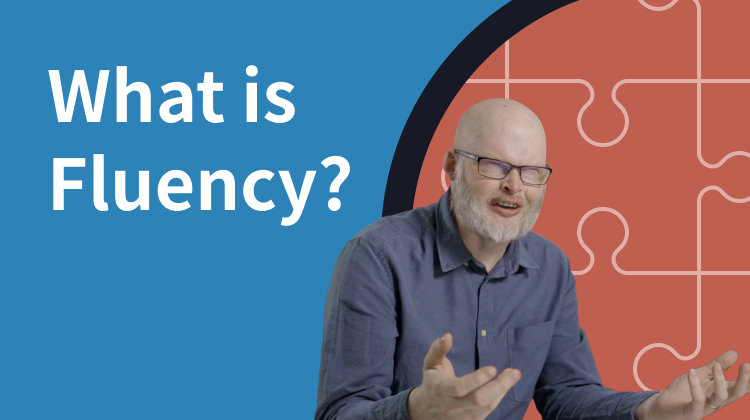Richard Simcott is a British polyglot, who has studied over 50 languages. HarperCollins described him as one of the most multilingual people in the United Kingdom, and the Goethe-Institut has named him Ambassador for Multilingualism.
Richard is the original founder of the Polyglot Conference www.polyglotconference.com. italki is the main sponsor of the 2020 Polyglot Conference Online.
I am often asked about the languages I speak and which ones I speak fluently. When I say I find it difficult to answer this people sometimes look at me and are unsure what I mean. Let me explain:
1. People have different ideas of what speaking means. If I can say basic phrases, am I speaking the language?
2. What if I can introduce myself and talk about my family, my hobbies and ask some basic questions?
3. What if I can talk about my job, my hopes, dreams and plans for the future?
4. What if I can talk about the environment, politics and other current topics?
5. What if I could study another subject through the language?
Some people will agree at various points on the scale. Others will say that you can only say you speak if you are fluent.
But that’s also tricky to pin down. What is fluent?
Does fluent mean knowing every word? If so no one is fluent in any language.
In the end it really doesn’t matter what level you have in a language. What matters is, can you do what you need to do with the language? If so, great. You can leave it there or carry on. If not? And you want to continue improving, then you can set yourself some goals and break them down into smaller steps so you can achieve them with regular study.







